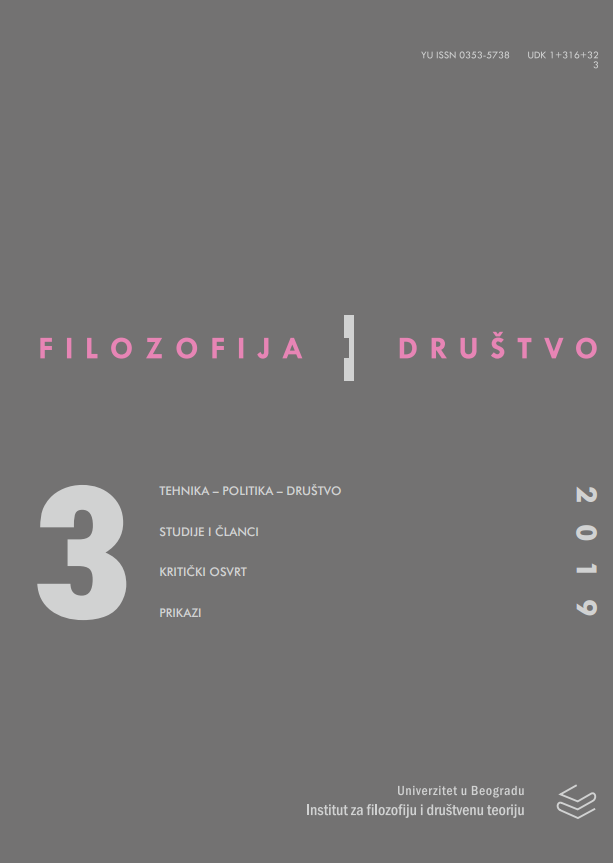COMPARATIVE STANDARD IN INSTITUTIONAL EPISTEMOLOGY
COMPARATIVE STANDARD IN INSTITUTIONAL EPISTEMOLOGY
Author(s): Marko-Luka ZubčićSubject(s): Social Sciences
Published by: Institut za filozofiju i društvenu teoriju
Keywords: Keywords institutional design; division of cognitive labour; pragmatism; knowledge governance; epistemic performance; social epistemic systems
Summary/Abstract: Which epistemic value is the standard according to which we ought to compare, assess and design institutional arrangements in terms of their epistemic properties? Two main options are agent development (in terms of individual epistemic virtues or capabilities) and attainment of truth. The options are presented through two authoritative contemporary accounts-agent development by Robert Talisse’s understanding in Democracy and Moral Conflict (2009) and attainment of truth by David Estlund’s treatment, most prominently in Democratic Authority: A Philosophical Framework (2008). Both options are shown to be unsatisfactory because they are subject to problematic risk of suboptimal epistemic state lock-in. The ability of the social epistemic system to revise suboptimal epistemic states is argued to be the best option for a comparative standard in institutional epistemology.
Journal: Filozofija i društvo
- Issue Year: 30/2019
- Issue No: 3
- Page Range: 418-430
- Page Count: 13
- Language: English

